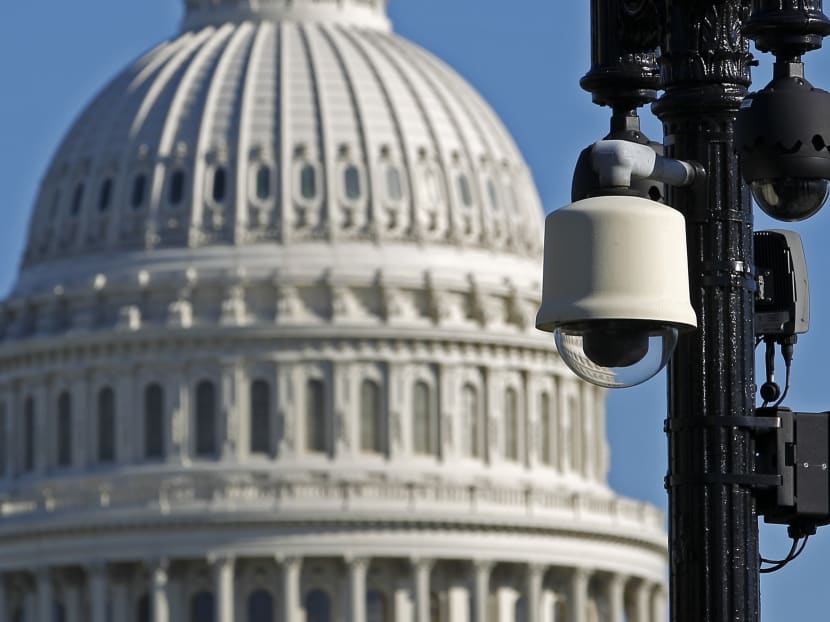US may end spying on friendly foreign leaders, official says
WASHINGTON — Faced with a flood of revelations about United States spying practices, the White House is considering ending its eavesdropping on friendly foreign leaders, a senior administration official said.
WASHINGTON — Faced with a flood of revelations about United States spying practices, the White House is considering ending its eavesdropping on friendly foreign leaders, a senior administration official said.
A final decision has not been made and the move is still under review, the official said. But the fact that it is even being considered underscores the level of concern within the administration over the possible damage from the months-long spying scandal — including the most recent disclosure that the National Security Agency was monitoring the communications of German Chancellor Angela Merkel.
Yesterday (Oct 28), Senator Dianne Feinstein, chairwoman of the Senate Intelligence Committee, called for a “total review of all intelligence programmes” following the Merkel allegations. In a statement, the California Democrat said the White House had informed her that “collection on our allies will not continue”.
The administration official said that statement was not accurate, but added that some unspecified changes already had been made and more were being considered, including terminating the collection of communications from friendly heads of state.
The official was not authorised to discuss the review by name and insisted on anonymity.
Reports based on new leaks from former NSA systems analyst Edward Snowden indicate that the NSA listened to Ms Merkel and 34 other foreign leaders.
“With respect to NSA collection of intelligence on leaders of US allies — including France, Spain, Mexico and Germany — let me state unequivocally: I am totally opposed,” Ms Feinstein said. She added that the U.S. should not be “collecting phone calls or emails of friendly presidents and prime ministers” unless in an emergency with approval of the president.
In response to the revelations, German officials said yesterday that the US could lose access to an important law enforcement tool used to track terrorist money flows. Other long-time allies have also expressed their displeasure about the US spying on their leaders.
As possible leverage, German authorities cited last week’s non-binding resolution by the European Parliament to suspend a post-Sept 11, 2001, agreement allowing the Americans access to bank transfer data to track the flow of terrorist money. A top German official said yesterday she believed the Americans were using the information to gather economic intelligence apart from terrorism and that the agreement known as the SWIFT agreement should be suspended. AP







